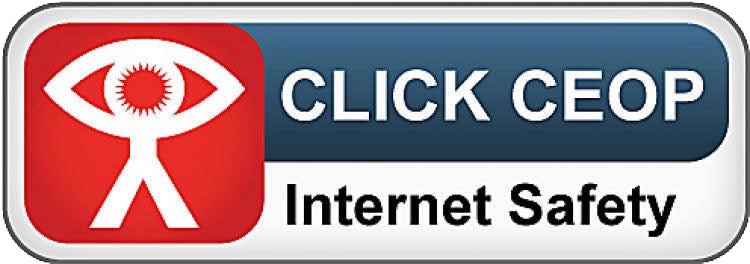British Values
In November 2014 the Department of Education reinforced the need:
To create and enforce a clear and rigorous expectation on all schools to promote the fundamental British values of democracy, the rule of law, individual liberty and mutual respect and tolerance of those with different faiths and beliefs.
The Government set out its definition of British values in the 2011 Prevent Strategy. At St Mark's, these values are reinforced regularly and in the following ways:
Democracy
Democracy is fully integrated within St Mark's. Both pupil and parent/carer voice plays a central part in developing school improvement priorities. We actively encourage children to have a voice and share their views and opinions regularly. Every September, children are elected by secret ballot by their peers to represent their class as school councillors from Y1 to Y6 with the winners announced in collective worships. The children love this process and have great respect for the outcomes. The council meet regularly and take the ideas from the meeting back to their classes for discussion. These election processes reflect our British electoral system and demonstrate democracy in action. Children in Year 5 and 6 usually take part in the Children’s Parliament where they present their study and voting takes place.
Every child also contributes their ideas to the creation of a class/teacher agreement. This sets ground rules for classroom conduct and establishes the standards of behaviour children can expect from each other and their teacher over the year ahead. Governors also talk regularly to children to establish their views as a way of ensuring that school self-evaluation is robust and accurate, and therefore effective in helping our school to be the very best it can be.
The Rule of Law
Children are taught to understand the value and need for laws; that they are there for individual protection, the responsibilities that this involves and the consequences when laws are broken. Children are taught that the freedom to hold other faiths and beliefs is protected in law. Collective worships and discussions in class focus on recognising right from wrong. Children have to abide by school rules on a daily basis. Children play by rules when representing the school at sporting events and workshops that they attend out of school. Children and staff follow the Behaviour Policy, they know it, understand it and like it. Consequences, in line with the school’s policy, remind children that breaking the rules may impact on themselves and others. We encourage visits to/from our local Police and Fire Service to reinforce this.
Individual Liberty
Within school, children are actively encouraged to make choices and decisions, knowing that they are in a safe and supportive environment. Children are taught to understand their personal freedoms and how to use these rights to best effect to ensure they make choices in a safe manner (through Online safety and RSHE lessons). Through challenges in the classroom, participation in extra-curricular clubs and other opportunities to be on various school committees, pupils are given the freedom to make choices.
Mutual Respect
Children learn that their behaviours have an effect on their own rights and those of others. All members of the school community are expected to treat each other with respect and kindness. This is reflected in our core values particularly respect and perseverance.
Tolerance of Those of Different Faiths and Beliefs
We are a diverse school and actively promote it through our celebrations of different faiths and cultures. Religious Education lessons and collective worships reinforce messages of tolerance and respect for others. The children visit places of worship that are important to different faiths. Children learn about the beliefs and practices of people of the following world faiths; Christianity, Judaism, Sikhism, Hinduism, Buddhism and Islam whilst at St Mark's.
At St Mark's, we actively challenge children, staff or parents expressing opinions contrary to fundamental British Values, including those expressing ‘extremist’ views.

 St Mark's
St Mark's

